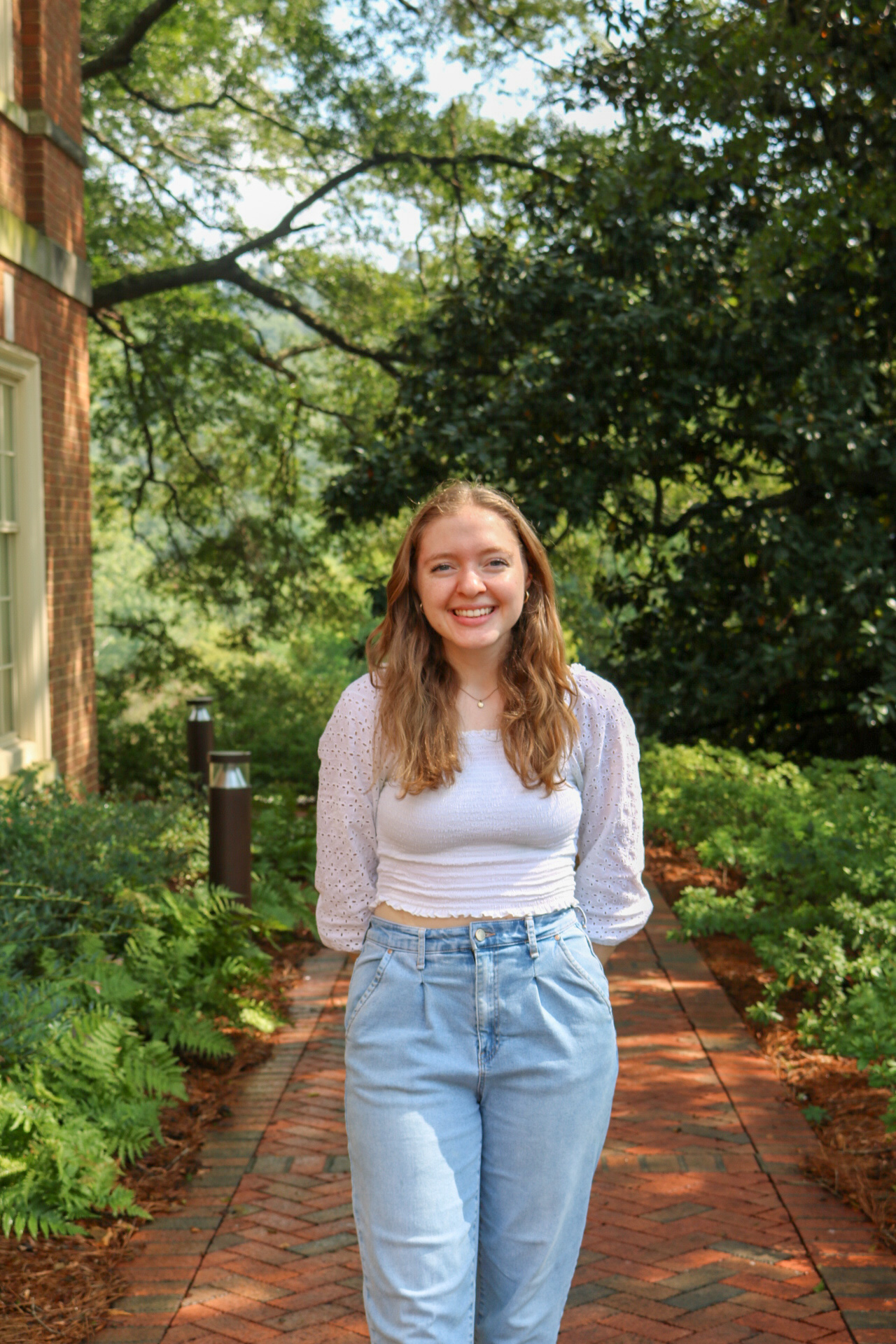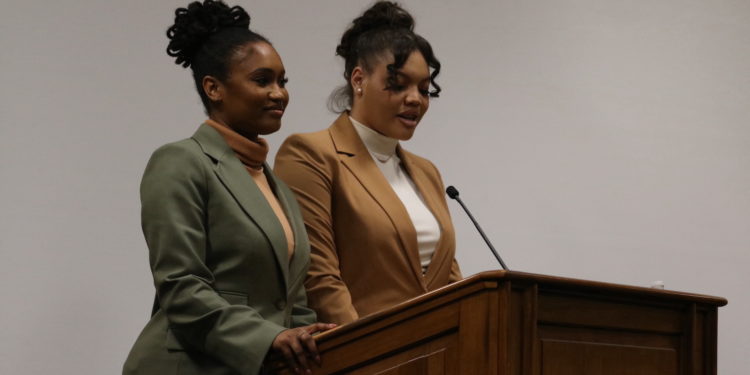On Thursday Feb. 9, 5:30 p.m., the Cumberland School of Law’s Black Law Student Association presented their 29th annual Thurgood Marshall Symposium, titled “Incarceration: A Look Behind the Bars.” This year, they hosted keynote speaker Andrea Armstrong, distinguished professor of law at Loyola University in New Orleans.
President of the Black Law Students Association Cloe Patterson welcomed those in attendance, Co-Chair of the Thurgood Marshall Symposium Brittney Sanders led an opening invocation and Chair Mercedes Davis joined her onstage for a few opening remarks.
The symposium was originally founded in 1994, in honor of Thurgood Marshall, the first African American to become a Supreme Court justice. He dedicated his legal career to fighting Jim Crow legislature and dismantling segregation.
The intention for this annual event, Davis said, is to “celebrate the accomplishments of African Americans in this country while also invoking rich academic discussions centered around social issues that disproportionately affect minorities.”
Professor of Law and Director of Clinics in the Cumberland School of Law, LaJuana Davis, introduced Armstrong before the presentation began.
“While still in high school,” Davis said, “Andrea Armstrong completed a homework assignment that ultimately found her a scholarship to attend high school in Germany. Studying in Germany, she has said, opened her eyes to how the world functions outside of New Orleans, her native hometown… that transformative experience was doubtless part of what led Professor Armstrong to her current work today.”
Armstrong is now a national leading expert on prison and jail conditions, certified by the U.S. Department of Justice as a Prison Rape Elimination Act Auditor. Much of her research, profiled by New Yorker Magazine and quoted in the New York Times, focuses on the constitutional dimensions of jails and prisons, the conditions and practices of detention facilities across the nation and provides in-depth data on deaths that occur behind bars.
“Justice Marshal had an enormous influence on how the law treats incarcerated people and their rights, and in many respects, that influence has since been weakened and watered down,” Armstrong said. “But in the 1970s, he insisted that the people who were behind bars were deserving of the basic humanity and dignity that all of us are deserving of.”
Armstrong continued to speak about how recent constitutional interpretations made by the Supreme Court have begun to take away more and more rights from incarcerated people.
“What I find most striking is that the way the constitution works for you and me is simply not true for the millions of people who are behind bars today,” she said.
In her presentation, Armstrong would use personal videos and photos to display the different inhumane conditions she found while investigating various prisons and jails, observing the crippling nature of solitary confinement, the lack of cleanliness and room to live in, and a surprising absence of healthcare resources.
“In the state of Louisiana,” she said, “we have more carceral beds than we do hospital beds.”
Armstrong analyzed data regarding incarceration rates–in which black citizens are highly overrepresented–as well as deaths that occur in these facilities. She notes that our population of incarcerated people deals with large rates of mental illness and is starting to age, but they are too often denied the basic medical attention that they desperately require.
“One of the things that I want to share and that I hope you take away from today,” she said, “is that you [now] have a better sense of what these facilities, which are operated in your name, with your tax dollars, are doing every single day.”

Staff Writer





